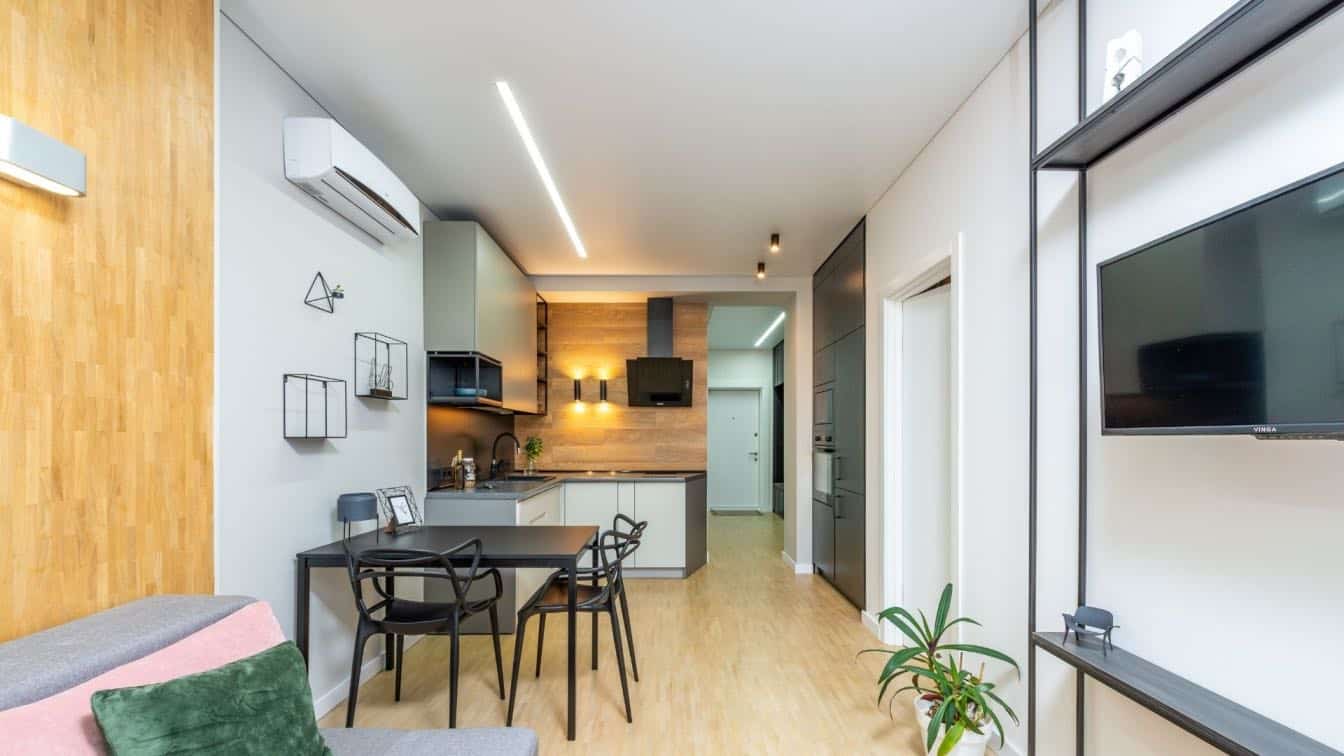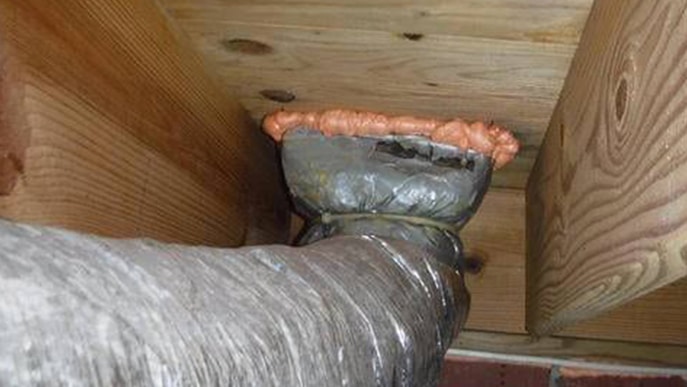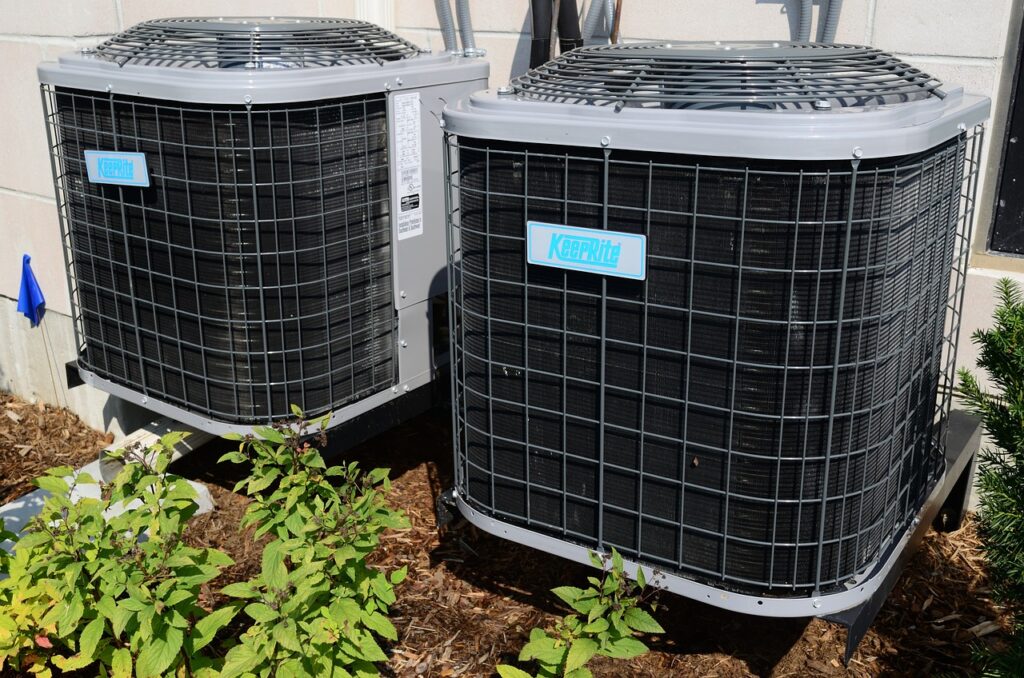While many homeowners are looking for ways to become more energy-efficient at home, sometimes they find that this can be at odds with keeping comfortable. Designing homes while keeping HVAC efficiency in mind is one of the latest trends, as reducing energy consumption is a huge concern.
Additionally, reducing the need for HVAC repair in Augusta, GA helps homeowners prioritize design, comfort, and efficiency in one fell swoop.
Factors Impacting HVAC Efficiency
Home HVAC systems provide seasonal comfort through cooling, heating, ventilation, and balanced humidity. All of these elements come together to keep the indoor environment stable. A system’s efficiency is determined by its size as this appliance must be selected proportionately to avoid issues.
Additionally, homeowners have a duty to change the air filters regularly and schedule annual professional maintenance and inspections to keep their systems running smoothly. The quality of the installation of an HVAC system also matters, and homeowners who choose energy-efficient models will enjoy the best performance with lower energy costs.
How to Design a Home That Supports HVAC Efficiency

If you want your home to be energy efficient, you can build that into the design. Coupled with choosing an energy efficient HVAC system, you’ll lower your energy costs and your carbon footprint while increasing your comfort at home.
Choose Energy-Efficient Construction Materials
Newer homes are more energy-efficient because they incorporate materials that insulate the interior better, which means your HVAC system doesn’t have to work overtime to meet your indoor temperature demands.
Building with insulated concrete and panels helps reduce thermal bridging that makes homes stay cool in the summer and warm and cozy in the winter.
Using reflective roofing materials is also ideal as they will reflect heat and sunlight away rather than absorbing them. You can also choose low-emission windows with a variety of glazing options to maintain heat balance. By using all of these innovative materials when designing a new home or remodeling your current home, you’ll be helping your HVAC stay efficient for years to come.
Rely on Smart Home Technology
The emergence of smart home technology allows you to take control of energy efficiency. When you use smart thermostats, you can tailor the temperature and customize it in accordance with who is at home. This easily optimizes your efficiency and comfort rather than your having to manually adjust it.
One of the most amazing things about this type of technology is that you can also integrate it with weather sensors. This allows it to adjust to provide additional cooling on a hot and sunny day or when it’s cold and rainy.
Additionally, zoned systems that you can control through apps on your phone can be programmed to only heat or cool rooms when they are in use.
Smart home technology for your HVAC also lets you stay ahead of potential issues. It can alert you when it detects a problem that could lead to system failure, allowing you to schedule professional service without downtime.
Optimization of Airflow and Layout
Building a new home requires consideration for effective airflow management once the HVAC is installed. This involves properly designing the ducts to minimize resistance, allowing the air to move with ease throughout your home.
Faulty designs include sharp turns or sudden size changes in the ducts, which can restrict airflow. You could integrate a variable air volume system to adjust the airflow to accommodate your temperature demands. This will result in more accurate control of the temperature as well as energy savings.
A central location for your HVAC system is best as it will reduce the length of the ducts needed, effectively enhancing your home’s efficiency. If you’re embarking on the exciting journey of customizing your new home or you’re upgrading your HVAC, make sure you choose a reputable company that can help you not only install this integral appliance but also ensure it is done with energy-efficiency in mind.
Focus on Insulation and Air Sealing

Whether it is a new build or not, another way that home design can help you optimize your HVAC’s energy efficiency is through insulation and sealing. Many homeowners think about the interior, which is important but they often forget to address the outside.
The exterior of your home can gain added curb appeal by strategically placing plants and shrubs where it receives the most sunlight. You’ll have a landscaped look while helping insulate your home.
For the interior, consider upgrading your curtains or blinds, and have an expert check to make sure there are no leaks in the window or door seals. This is crucial since even the most well-designed homes can be prone to these issues, especially with the passage of time. When you don’t take steps to mitigate air loss, it will force your HVAC system to work harder to maintain the ideal temperature, causing greater wear and tear, not to mention costing you more on your energy bills.
While you likely won’t need to worry about attic insulation and duct sealing in a brand new home, give some thought to them. These areas are often forgotten about, but if they are lacking in some way, it doesn’t matter how well your home is designed as they will make your HVAC less efficient.
Never Forget About Regular HVAC Maintenance
Once you’re in your new home or you’ve remodeled to update the features for energy efficiency, including having a new HVAC installed, you should make sure to schedule regular maintenance. On your end, you’ll need to keep up with air filter changes, but at least once a year, a professional service should inspect your equipment.
By having your air conditioning and heating system cleaned and inspected, you’ll always have them running smoothly and efficiently. A lot of stuff accumulates inside the components of this machine, and to ensure it reaches its lifespan, having this buildup professionally removed will keep your energy consumption at efficient levels without compromising your comfort.

